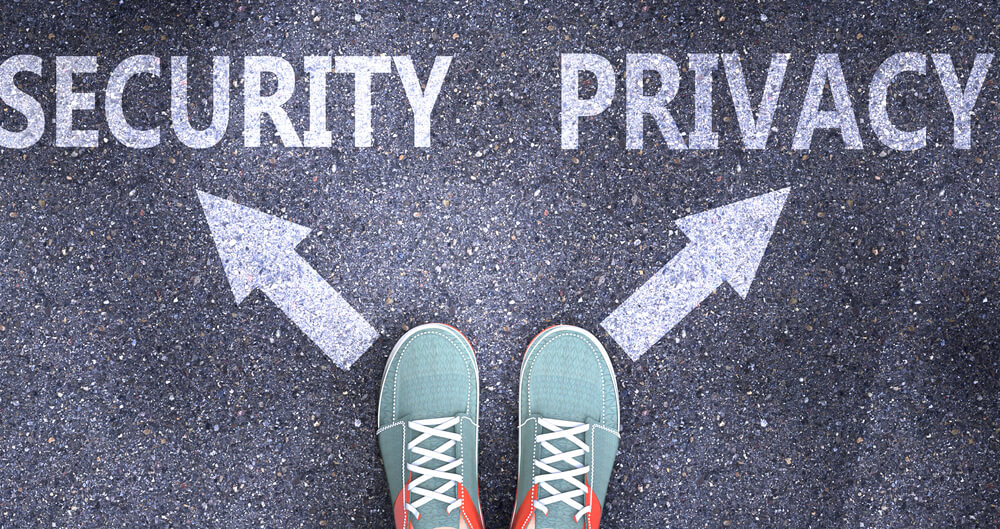lareddepathways.com – In the digital age, the relationship between hacking, privacy, and freedom is a complex and often contentious one. As technology advances, so too do the tools and techniques used by hackers, both for malicious purposes and for the protection of digital rights. This article explores the challenges and opportunities in balancing security and freedom, drawing on insights from recent discussions and publications.
The Intersection of Privacy and Security
The digital era has brought about unprecedented levels of connectivity, making it easier than ever for individuals to share information and access services online. However, this increased connectivity also poses significant risks to personal privacy and data security. As highlighted in the IEEE publication, “Balancing Privacy and Security in the Digital Age,” governments and organizations are grappling with the challenge of protecting national security interests while respecting the privacy rights of individuals.
Online privacy, as defined by The CIO Today, refers to the right of individuals to control the collection, use, and dissemination of their personal information. This right is crucial in a digital world where personal data is increasingly being collected and analyzed by governments, corporations, and other entities.
Striking a Balance
The task of balancing security and privacy is not only complex but also essential for creating a safer internet environment that respects human rights. As noted in the Diplomacy Blog, striking this balance is crucial for fostering trust and ensuring that digital technologies serve the public good.
One approach to achieving this balance involves the development of robust privacy regulations and the implementation of secure technologies that protect personal data without unduly restricting individual freedoms. This includes the use of encryption technologies, which can help safeguard personal information from unauthorized access while also enabling secure communication and transactions.
The Role of Hacking
Hacking, often viewed negatively due to its association with cybercrime, also plays a critical role in maintaining security and privacy. Ethical hacking, or white-hat hacking, involves the use of hacking techniques to identify vulnerabilities in systems and networks, thereby helping to prevent cyberattacks and data breaches.
By engaging with ethical hackers and fostering a culture of transparency and cooperation, organizations can better protect their systems and the privacy of their users. This approach not only enhances security but also supports the broader goal of ensuring that digital technologies are used responsibly and ethically.
Conclusion
As we move further into the digital age, the challenges of balancing security and privacy will only become more pronounced. However, by embracing a multifaceted approach that includes robust privacy regulations, secure technologies, and ethical hacking, we can create a digital environment that respects individual freedoms while also safeguarding against threats.
The key to achieving this balance lies in ongoing dialogue and collaboration among governments, corporations, and the public. By working together, we can harness the power of technology to enhance our lives while also protecting our fundamental rights to privacy and security.

